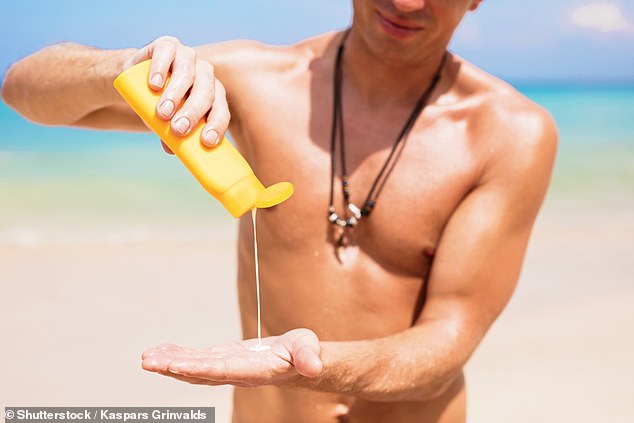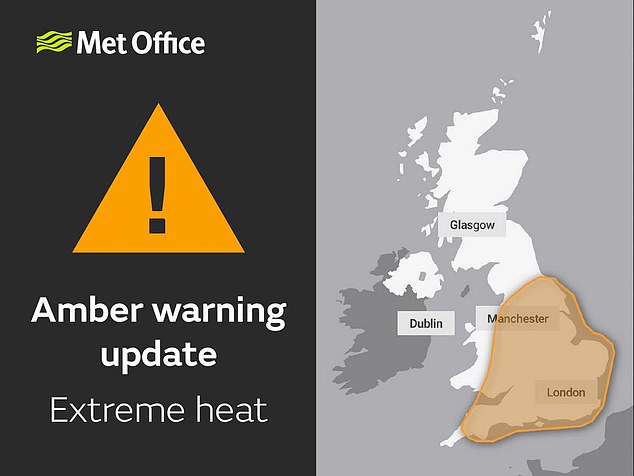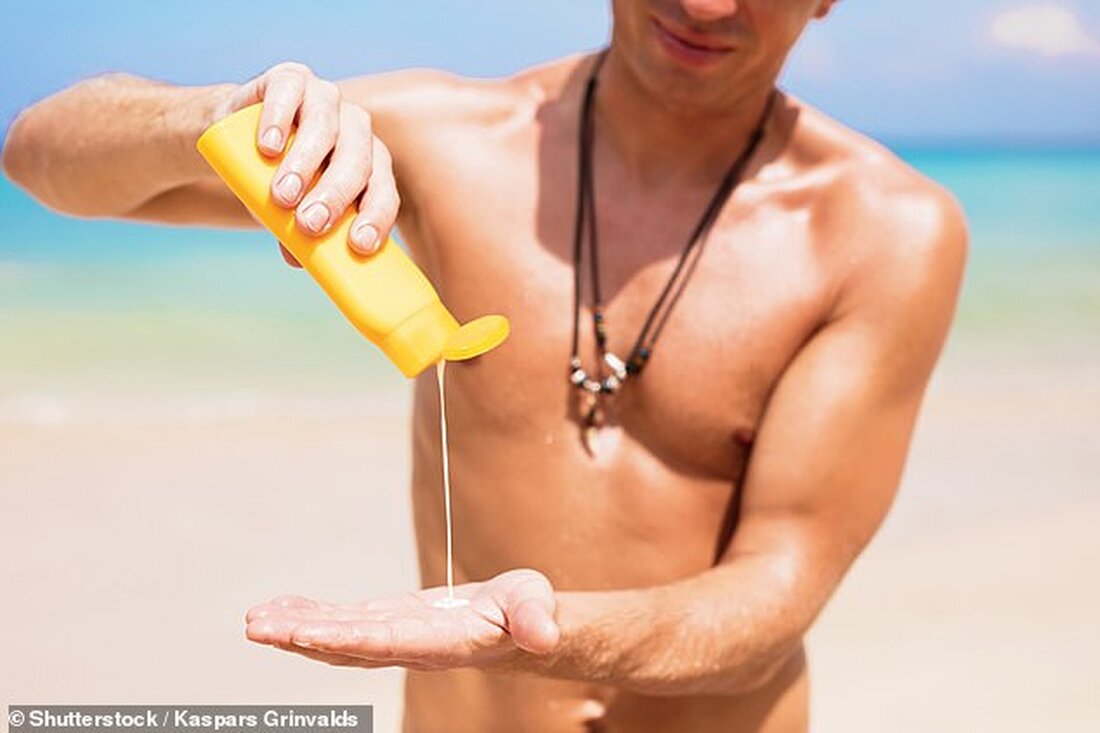The “suns out, guns out” culture may explain why skin cancer death rates in men have tripled in the last 50 years, experts say.
Cancer Research UK found that since 1972, melanoma deaths have increased by 219 percent in men, compared to a 76 percent increase in women.
The charity believes the rise in cheap package holidays could be a factor as people in sunnier countries are exposed to greater UV rays.
But it doesn't explain the difference between the sexes.
Cancer Research said skin cancer is also more likely to be found on men's torsos than other parts of the body - which is likely due to them going shirtless.
However, experts also said men are overconfident if they believe the sun isn't strong enough to burn themcould also be a factor.
Figures suggest men are 69 per cent more likely to die from skin cancer each year than women - with 1,400 deaths in men compared to 980 in women.

Shirtless this weekend? You may want to reconsider. In a warning ahead of what is expected to be a warm weekend, Cancer Research UK said rising skin cancer death rates among men could be partly explained by men going topless in the sun

An "amber" extreme heat warning from the Met Office covers much of England and Wales on Sunday, Monday and Tuesday. Experts say the heat could pose a threat to life or potential serious illness

Almost 17,000 new cases of melanoma are diagnosed in the UK every year, making it the fifth most common cancer with around 2,000 deaths per year.
Survival rates depend on when the skin cancer is discovered, with early diagnosis being even better.
Cancer Research, along with sunscreen maker Nivea Sun, has issued its warning in anticipation of thousands of shirtless British men flocking to the seafront and parks this weekend to enjoy the predicted warmer weather.
NHS data shows that 12 percent of men with skin cancer are diagnosed with a later form of the disease, compared to 8 percent of women.
They are also more likely to develop cancer on their upper body or back, adding to the theory that going topless is the biggest risk factor.
However, a survey of 2,000 men by Nivea Sun also suggested that overconfidence could play a role.
Although 84 percent of men know that sunburn increases their risk of skin cancer, a quarter have not always protected themselves from the sun's rays.
When asked why they didn't take precautions, a quarter of these men said they believed the sun wasn't strong enough to burn their skin.
Michelle Mitchell, chief executive of Cancer Research UK, said the fact that six Britons died from melanoma every day highlighted the importance of staying safe in the sun.
“We all need to take steps to protect ourselves from the sun’s harmful UV rays,” she said.
“Getting a sunburn every two years can triple your risk of skin cancer.”
The UK is expected to have a mild weekend of sunny weather, with the mercury not set to rise further until next week, with 39C (100F) expected from Monday.
Ms Mitchell urged Brits to take precautions to avoid becoming another melanoma statistic.
“This weekend, remember to spend some time in the shade, cover yourself with clothing and regularly apply sunscreen with at least SPF 15 and 4 or 5 stars,” she said.
“And if you notice any unusual changes in a skin or nail spot, don’t hesitate to tell your doctor.
“In most cases it is not cancer, but when it is, early diagnosis can make all the difference.”
Overall, 87.4 percent of people diagnosed with melanoma survive a decade or longer.
Treatment depends on when it is discovered. If caught early, surgery to remove the cancer is usually successful.
More advanced cases usually involve the use of medications to slow the spread of the cancer.
Nearly 90,000 cases of melanoma are discovered in the United States each year, with approximately 8,000 deaths.

 Suche
Suche
 Mein Konto
Mein Konto

